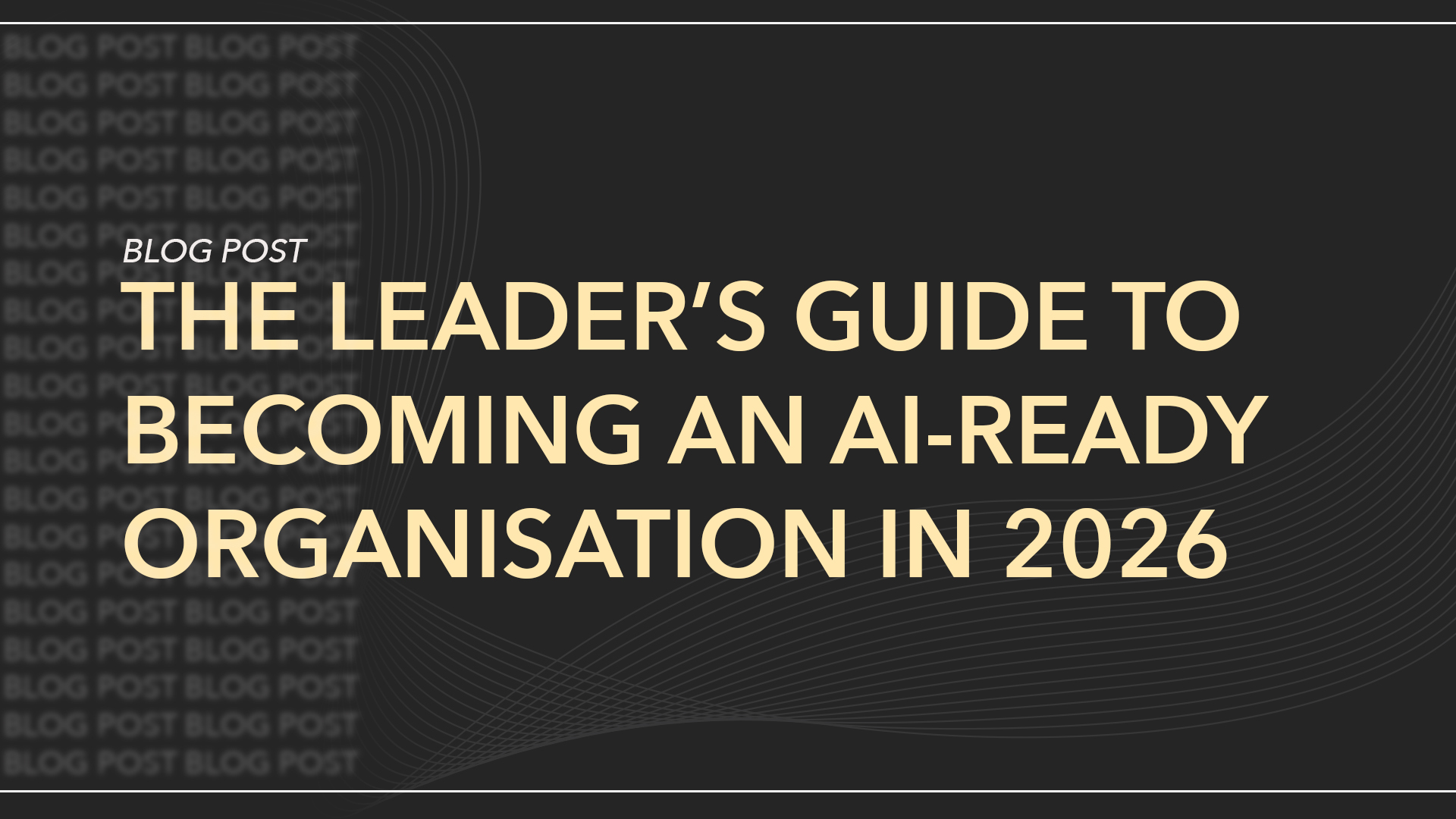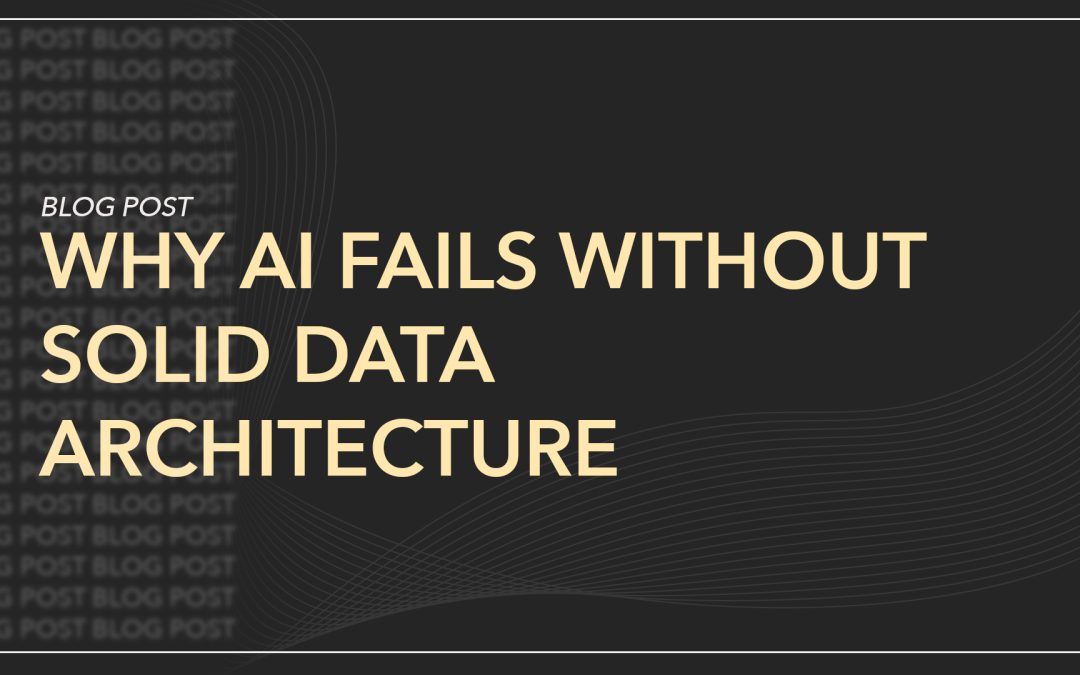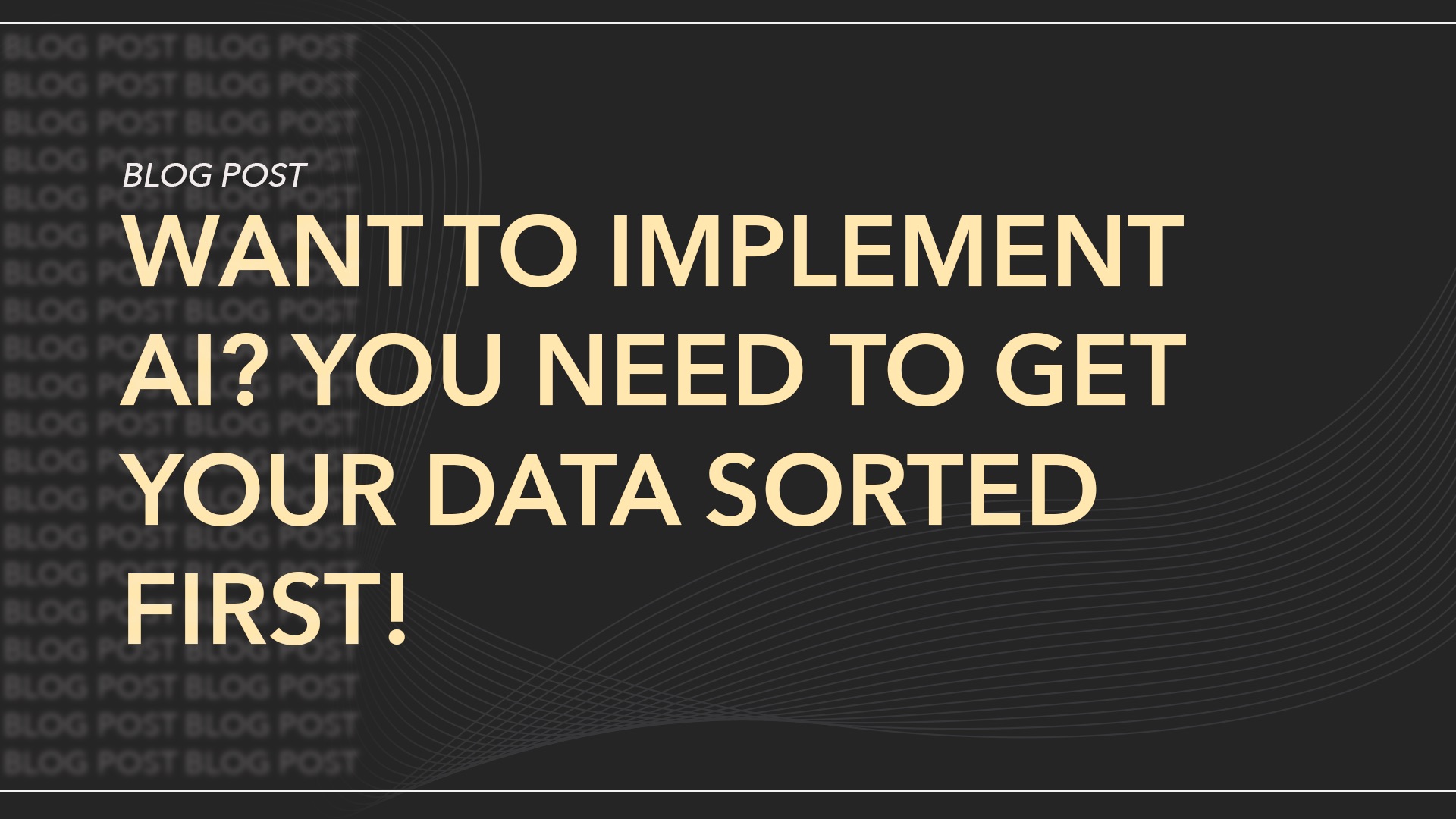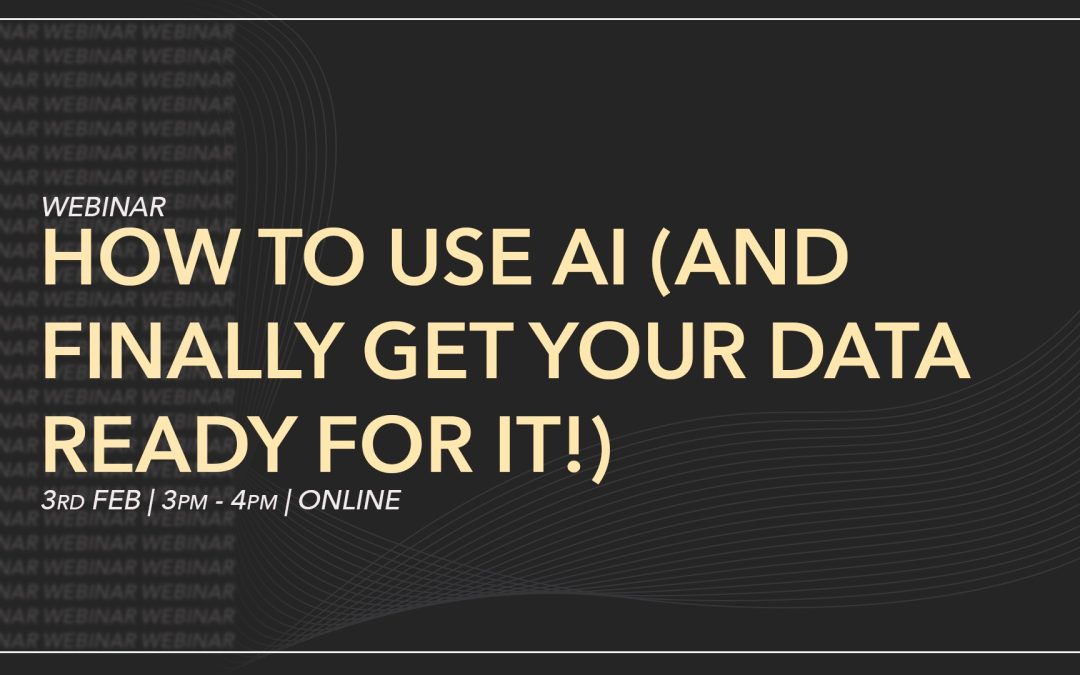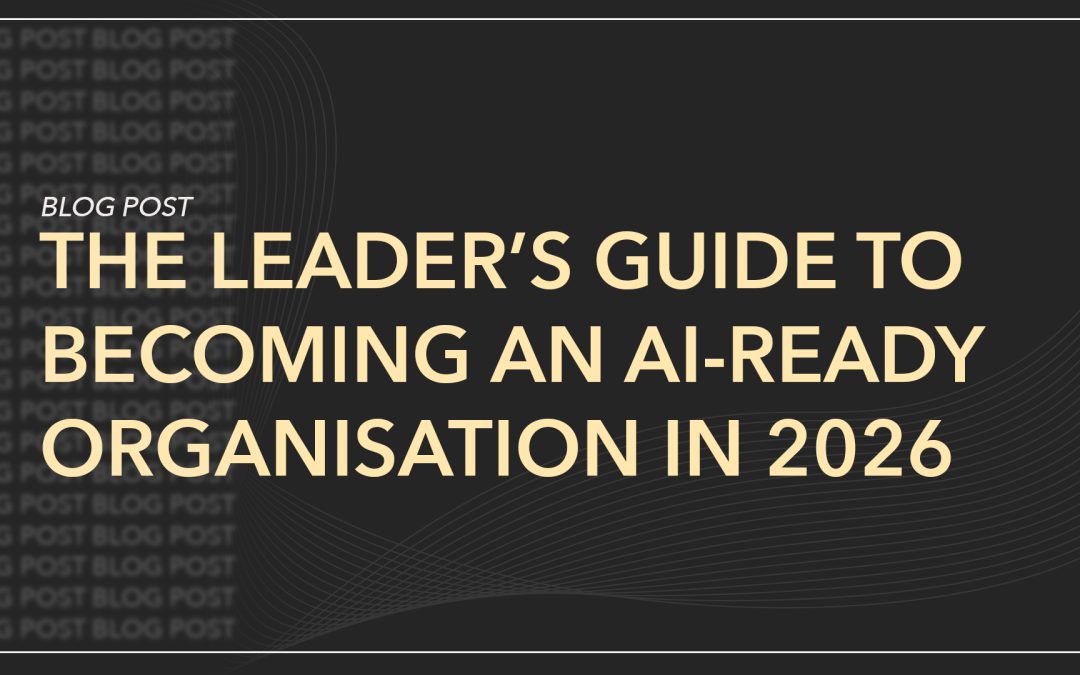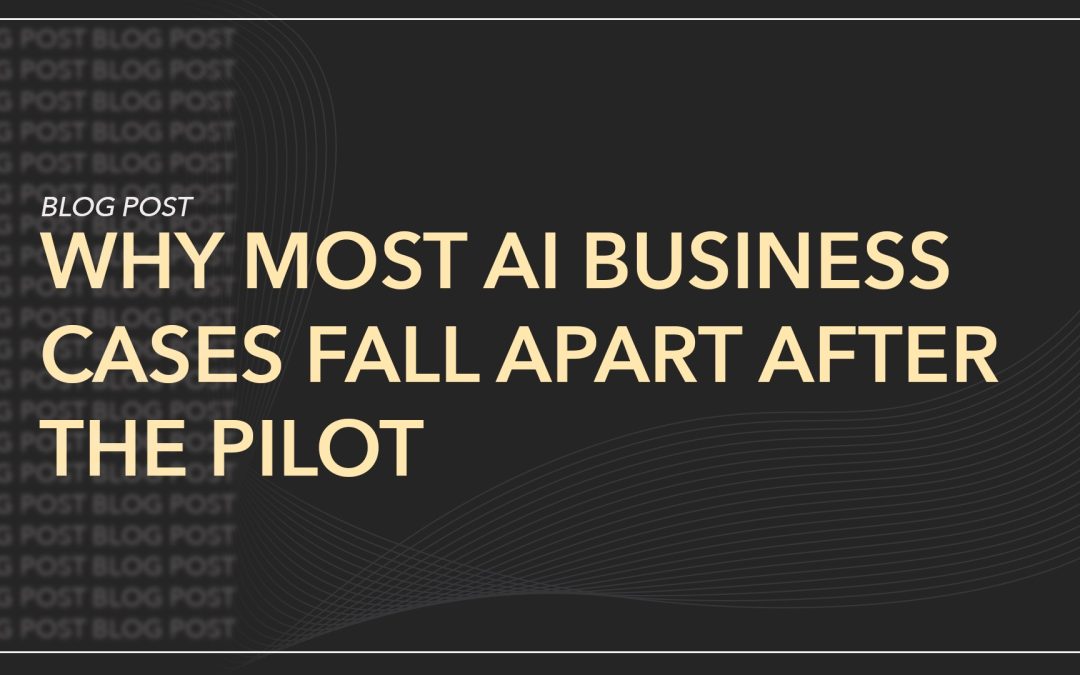
Why Most AI Business Cases Fall Apart After the Pilot
AI is everywhere.
From boardroom strategy sessions to executive offsite presentations, leaders are told “AI will transform our business.’
Many organisations satisfy that excitement by launching pilots – quick win experiments built to prove AI can deliver value.
And many do.
However, most of these pilots never translate into scaled, business-impacting AI deployments company-wide.
What starts as optimism, ends in disappointment, budgets getting pulled, and leaders declare ‘AI failed.’
This isn’t because the technology is weak – it’s because the organisation wasn’t ready for it.
But why do most AI business cases fall apart after the pilots? What really needs to change before companies can scale and sustain value?
AI Pilots Often Look Successful… At First
When a team runs an AI pilot, the environment is controlled: clean datasets, few edge cases, and a narrow set of outcomes to test. In this context, models can look sharp, the insights seem promising, and the executives feel encouraged.
The problem? This success is often an illusion.
According to research, organisations frequently use curated, isolated data in pilots that do not reflect real operational complexity – a setup that cannot reproduce when moving into production.
In other words, pilots work because they hide the real issues that only surface at scale.
The Real Reason Business Cases Fail: Your Data Isn’t Ready
As Forbes clearly put it, AI initiatives “rarely fail because the model didn’t work. They fail because the organisation wasn’t ready.”
So, what does this mean?
1. AI Depends on Data – Not Just Models
AI models do one thing: learn patterns from data. And if the data feeding them isnt suitable – complete, consistent, traceable, and accessible – then the insights they produce can’t be trusted.
Studies show that only a small minority of organisations have data of sufficient quality and accessibility to support effective AI at scale.
In one survey, only 12% of organisations said their data was ready for AI use, despite more than 60% seeing AI as strategically important.
In another industry survey, 84% of organisations agreed they need a complete overhaul of their data strategies to succeed with AI, with a significant share admitting that data quality and trust were major concerns.
2. Pilots Hide Complexity
During a pilot, teams often manually prepare or curate data to make the experiment work. But this is not a scalable approach.
In production environments:
- Data comes from multiple systems
- Hundreds of people create and update the data
- Governance rules and privacy policies restrict access
- Data needs lineage, context, and quality controls
Without these, the AI outputs that looked great in the prototype suddenly underperform, become inconsistent, or can’t be trusted.
Why Some Projects Never Make the Leap to Production
When business leaders review the pilot outcomes, they expect to scale what ‘worked.’
But scaling is a different game completely, it requires:
- Business alignment, not just technical experimentation
- Governance, trust and compliance
- Infrastructure that supports data and workflows
- Skills and strategy across the organisation
The Leadership Reality: It’s Not Just a Technical Problem
The failure to scale is often reframed as ‘we tried AI and didn’t get value,’ but the real issue is deeper: organisations didn’t assess whether they were ready for AI beyond the pilot.
Success requires more than technology. It needs:
- Clear business outcomes defined before pilots launch
- A data foundation that supports production-level workloads
- Strong governance, trust and security frameworks
- Consistent and repeatable data quality and access patterns
- An operating model that integrated AI into everyday processes
Without these, pilots remain one-off experiments, disconnected from how the business works.
How to Bridge the Gap: Start with Data Readiness
If you want your AI initiatives to move beyond splashy demos, that don’t work in the long-term, and toward sustained ROI, you need to ask the right question first:
Is your data truly AI-ready?
AI readiness isn’t about the latest model. It’s about whether your organisation’s data and operating environment can support AI at scale: It’s about
- Consistent data definitions across business units
- Accessible, high-qulity datasets with lineage and trust
- Governance and compliance baked in
- Integration with real business systems and workflows
- Clear ownership and accountability for AI outcomes
Take the Next Step
Before you invest more in pilots or build another use case. Invest in your data.
It’s critical to know where your organisation stands.
Answer 7 quick questions.
No data uploads, no technical jargon.
Just real insights to show where you stand on your journey to AI-driven business value .

